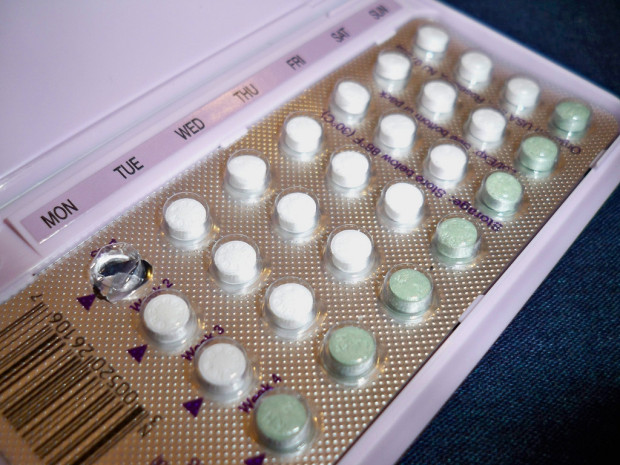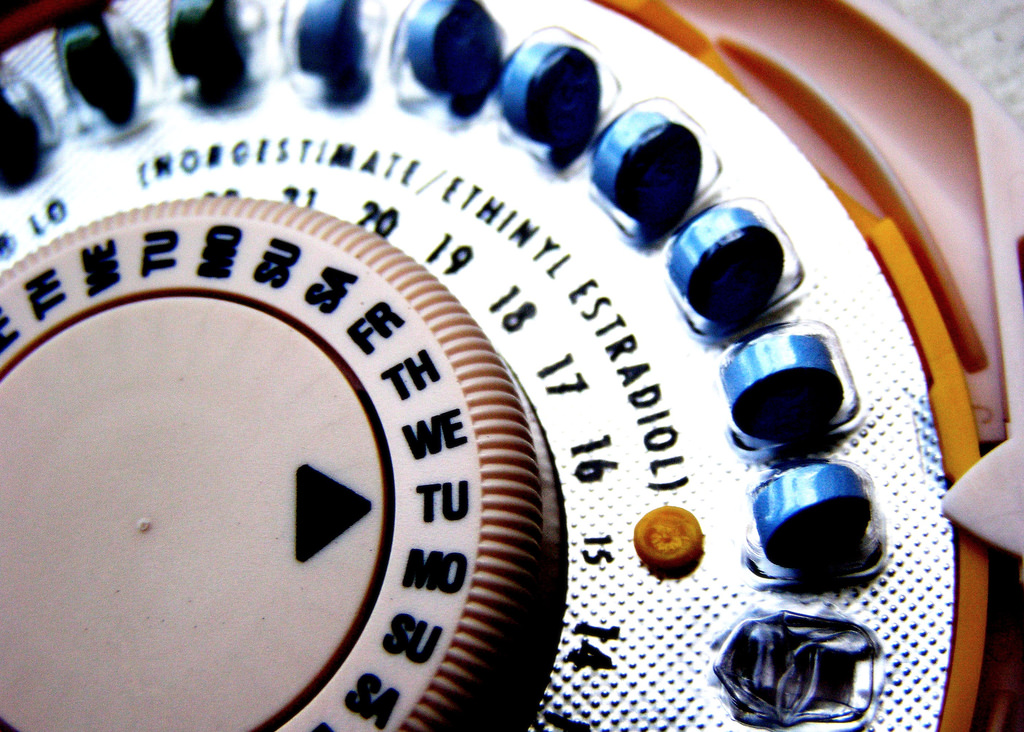For male travelers, packing birth control is easy – throw a few condoms in your backpack, and you’re good to go! On the other hand, planning birth control for long-term travel can be a little more complex if you are female. Along with the necessary protection from pregnancy and sexual diseases, many women who travel will also want to make sure that they can regulate their menstrual cycle and have a little more control over the days they can expect to get their period while on the road. Thankfully, there are many different birth control options out there today, but when it comes to choosing one to use while traveling long-term, which is best? We’ve listed some of the most suitable options.
#1. Pills:
Birth control pills are perhaps the most popular method of contraception today; they are suitable for most women since they come in a variety of different types. Along with being reasonably cheap to obtain, birth control pills also tend to have a long shelf life and are easy to store, making them the perfect choice for throwing in your backpack for a long trip. However, there are some downsides – having to take the pill daily can lead to you forgetting, especially if you plan to be repeatedly moving and packing. Click the link for more information on the best birth control Yaz 28 days.
#2. Contraceptive Implant:
A small implant that is inserted by a trained medical professional under the skin of your arm, this method of contraception automatically releases hormones into the bloodstream and can last up to three years. Its longevity makes it one of the best birth control options for long-term travelers since once it has been inserted, you can simply forget all about it! However, bear in mind that different women have varying experiences using this type of birth control; some may have no periods at all for the whole three years, while others find themselves spotting daily. Others report no changes at all to their cycle.
#3. IUD:
An IUD, or intrauterine device, is a semi-permanent method of birth control that’s often referred to simply as ‘the coil’. There are several types that you can choose from, with the two most popular being a copper device with no hormones and a hormonal device. The IUD works for up to five years after it is inserted into the uterus. In general, it is recommended to older women who are done having children. However, it can be used at any stage in life for birth control. Bear in mind that, like any method, it is not for every woman, so consult with your doctor before going ahead.
#4. Condoms:
Lastly, you should always take condoms with you, even if you are using another form of birth control. Even if you’re traveling with a partner and have a low risk of contracting a sexually transmitted disease, condoms are an essential back-up for if anything goes wrong with your birth control during your trip.
Which birth control method do you use when traveling? We’d love to hear from you in the comments.











